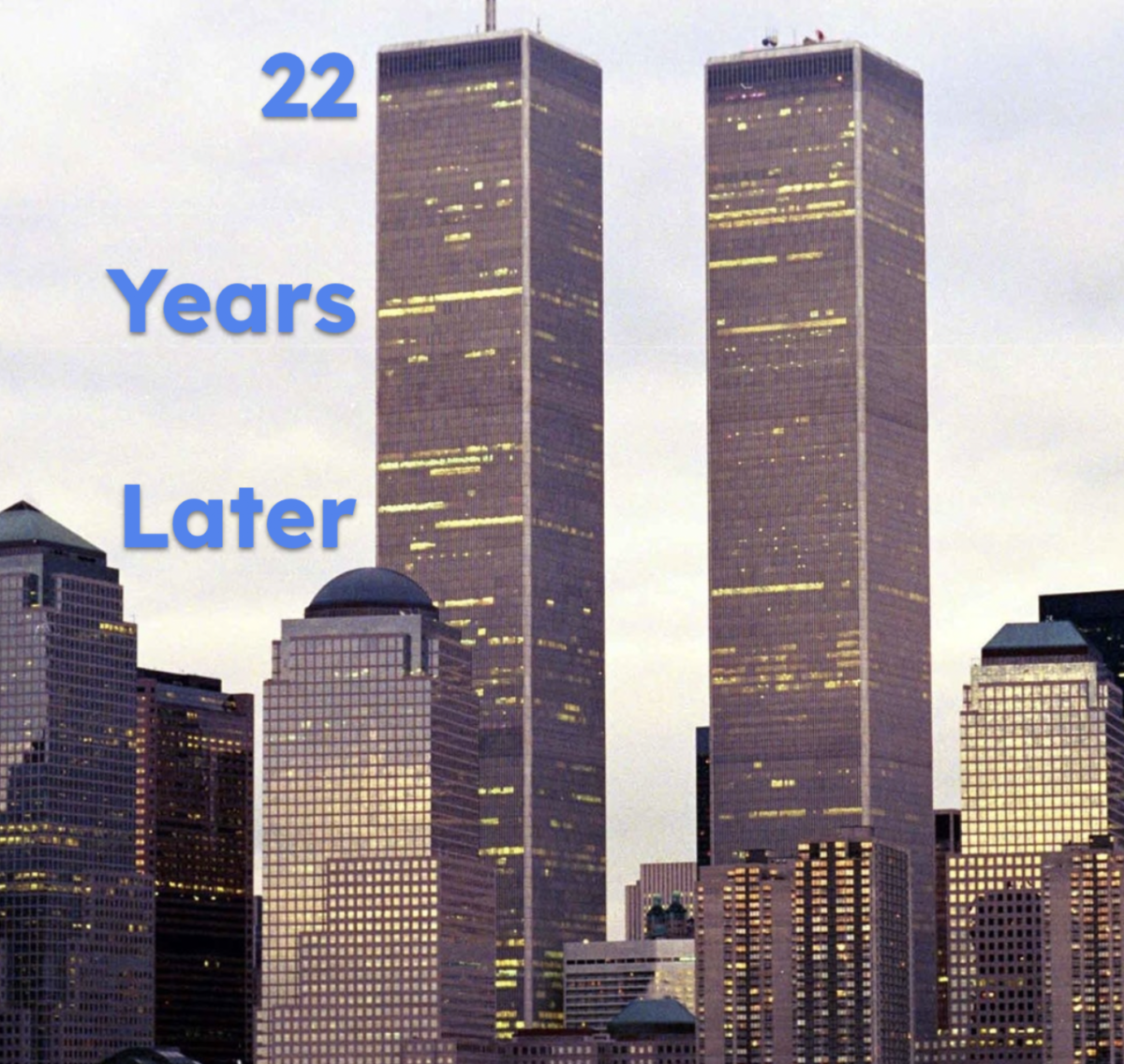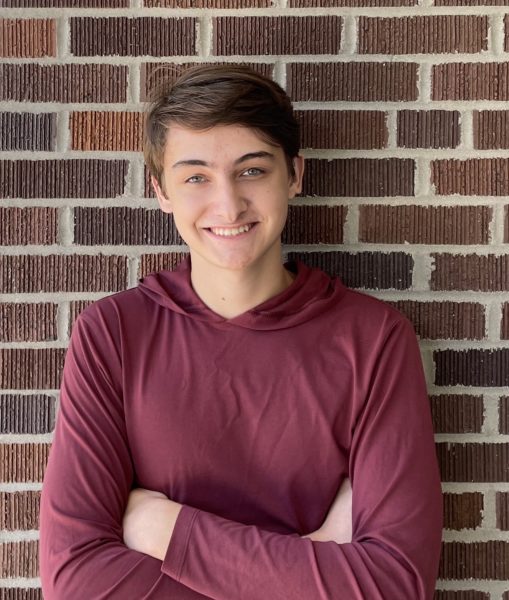The attacks that took place on September 11, 2001, were a pivotal moment in United States History. Simply mentioning them is enough to give anyone old enough to remember them feelings of sadness and remorse, but also patriotism and unity.
“My co-worker came down and said turn on the TV. They tried to blow up the World Trade Center,” said Government teacher Kym Grillot.
Whether watching the attacks on television or from the sidewalk, Americans immediately became confused, trying to figure out what happened. Speculation ran rampant as the World Trade Center was no stranger to terrorist threats; in 1993, a truck loaded with explosives detonated below the North Tower.
As Americans scrambled for answers, a second plane, launched out of Massachusetts, was headed for Manhattan.
“I had a geography class and a world civ class, so I had mostly freshman and sophomores,” said Grillot, “Five minutes after I turned on the TV, the second plane hit. All of my kids saw it in real-time.”
More than 8,600 firefighters assisted in rescue efforts. Many rushed into the crumbling towers, 343 of whom never came out. Their sacrifices helped evacuate over 25,000 people from the area.
In just over an hour, 2,977 people lost their lives, and an estimated 36 billion dollars was lost in property damages and earning losses for businesses that had offices in the towers.
“I remember being in Mrs. Johnson’s class and school just stopping in the morning,” said history teacher Michael Caldwell.
As Americans grappled with the physical and emotional damages, President George W. Bush addressed the nation, “Today, our fellow citizens, our way of life, our very freedom came under attack in a series of deliberate and deadly terrorist acts.”
He would go on to start the “war on terror,” which would last decades, costing America an additional 900,000+ lives and approximately 8 trillion dollars—two of the fallen servicemen, Highlands alumni Brandon Pickering and Michael Bradford.
The attacks changed how Americans viewed their place on the world stage; 9/11’s influence was seen everywhere, from new legislation to pop-culture feuds between country musicians.
“It changed how we look at American exceptionalism,” said Caldwell, “Maybe we weren’t so invincible.”
America was having a full-on identity crisis while its government was left picking up the pieces.
“You almost couldn’t ask people how they were feeling because everybody would just end up crying,” said Grillot.
People supported each other for the days, weeks, and months to come, not as individuals but as Americans. Unity was at an all-time high, not just at home but worldwide.
Just days later, the queen of England, Elizabeth II, broke tradition and had guards at Buckingham Palace play the United States national anthem.
“Today, our nation saw evil, the very worst of human nature. And we responded with the best of America — with the daring of our rescue workers, with the caring for strangers and neighbors who came to give blood and help in any way they could,” said Bush.




